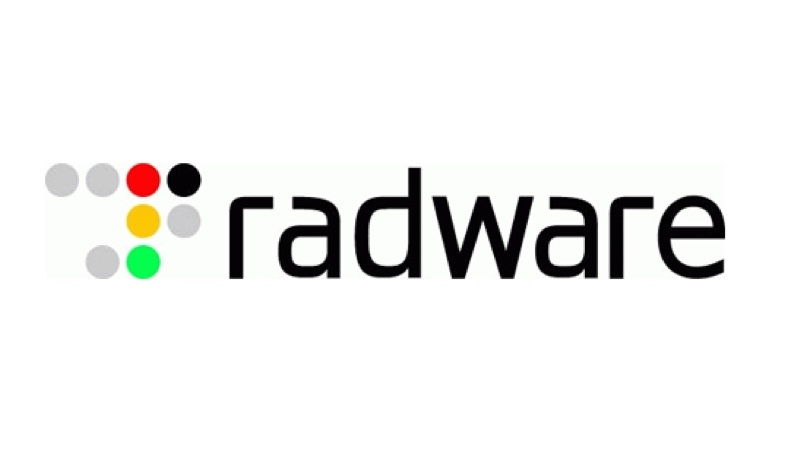Guest Blog, Pascal Geenens: The rise in students hacking school databases…

You might be surprised at who is behind the most recent cases of cyber-attacks on schools. Would you guess that in many instances, it’s the students themselves? There are many reasons why students would want to launch an attack against their own school, and it’s actually becoming a larger problem across the globe with cases […]

